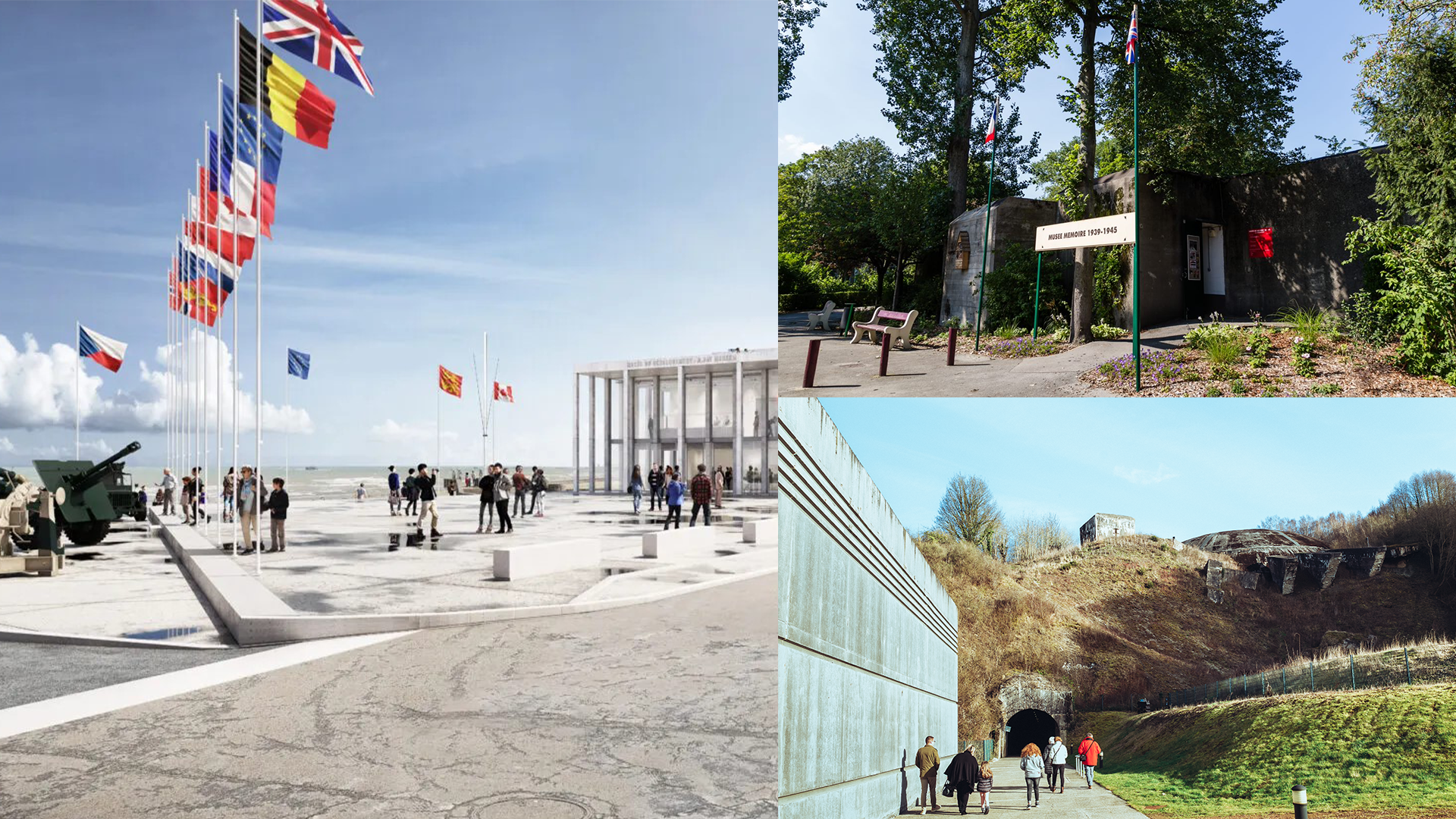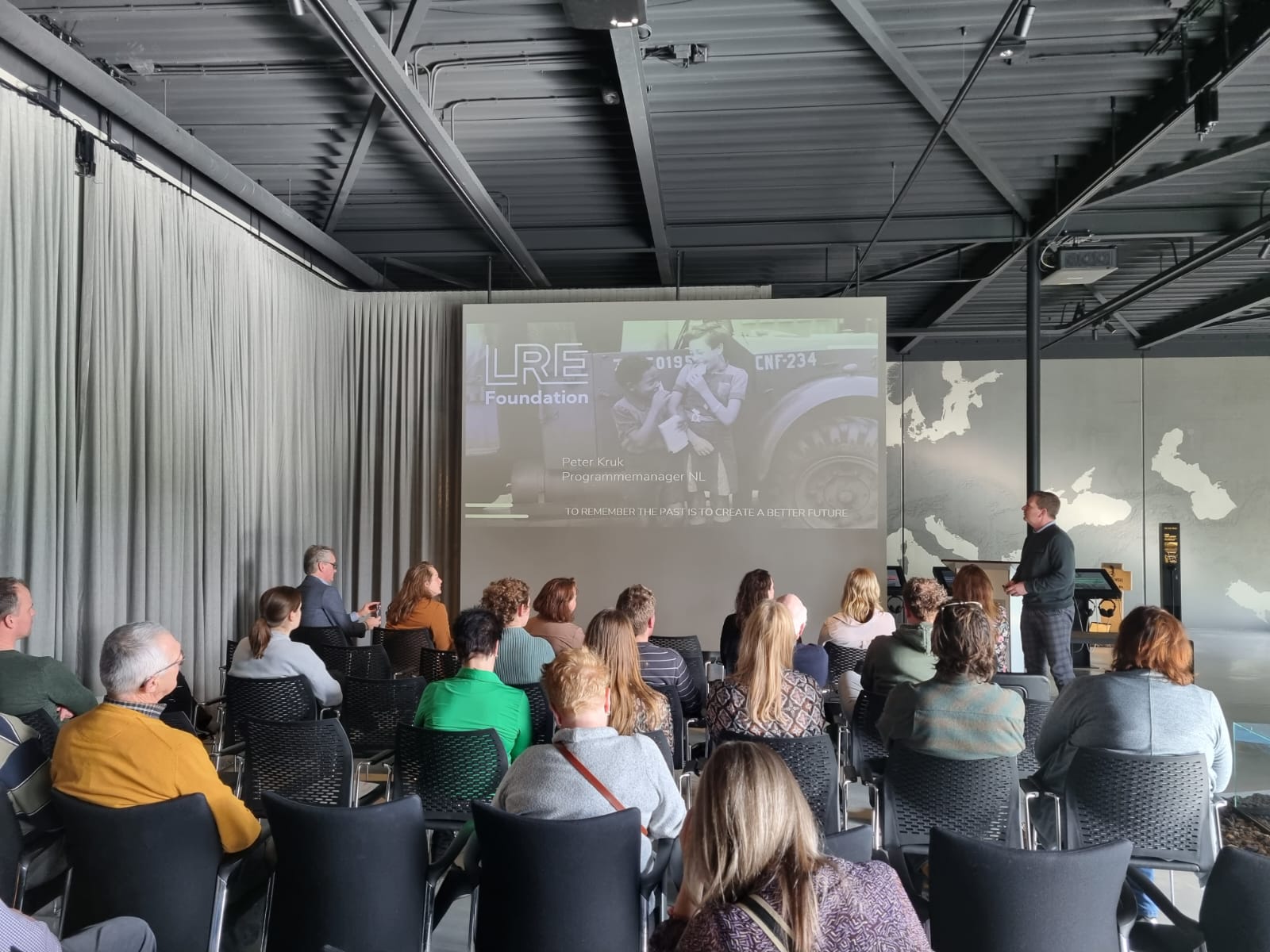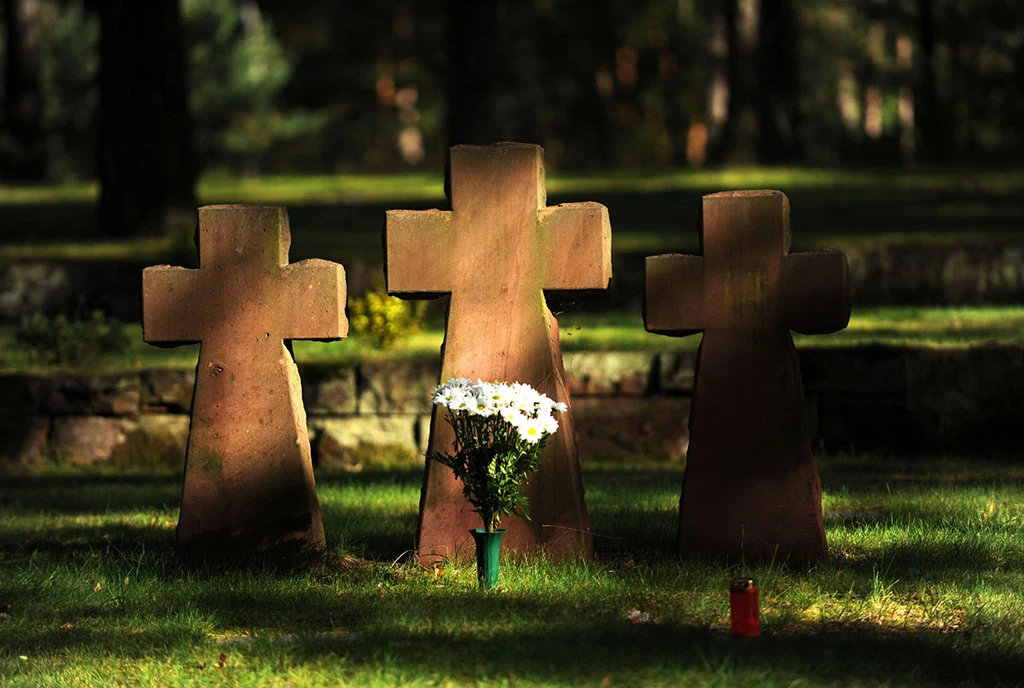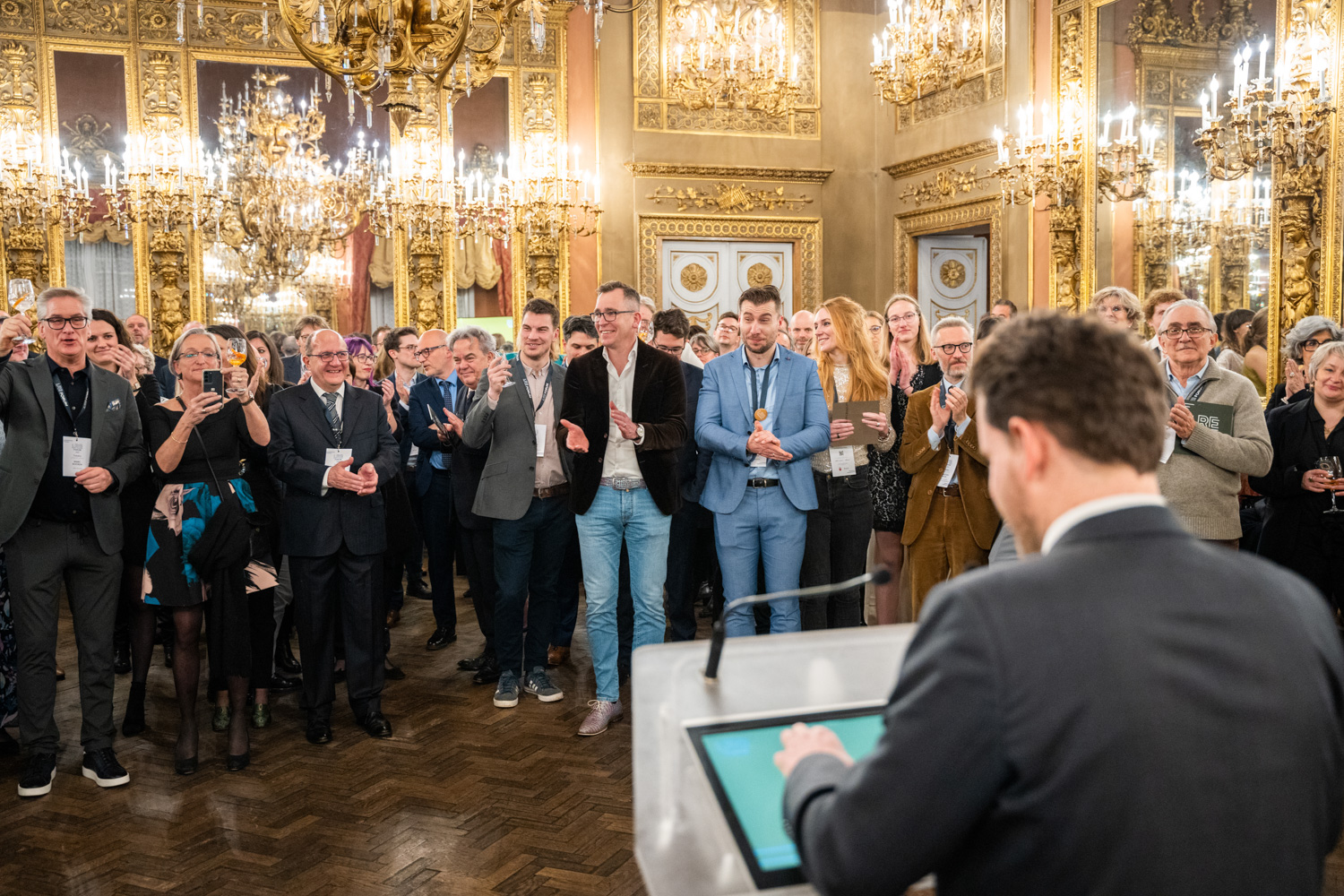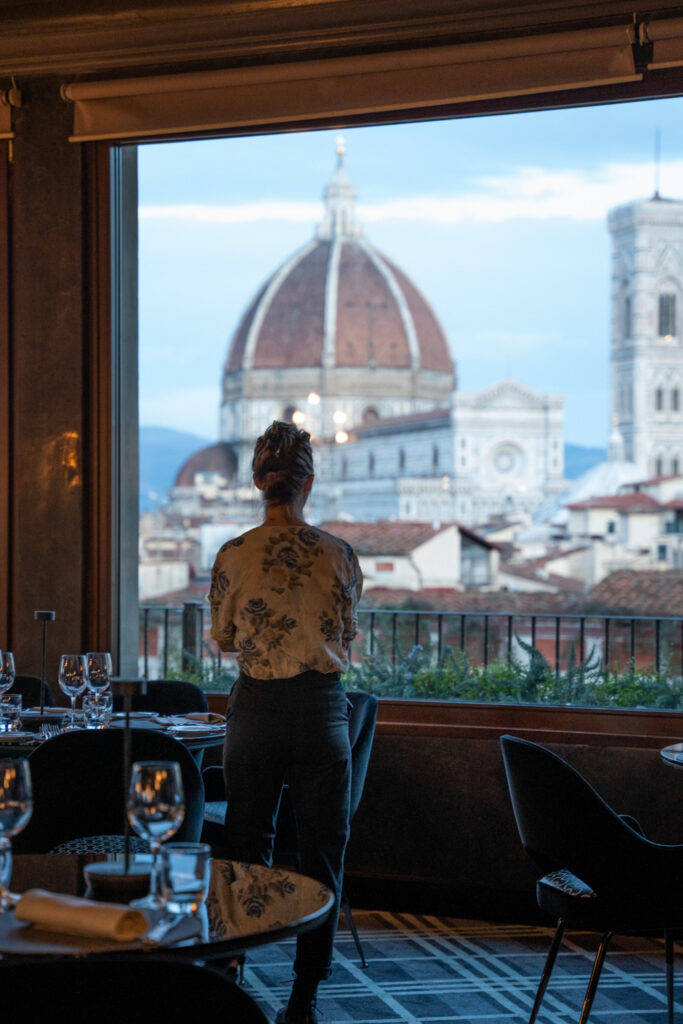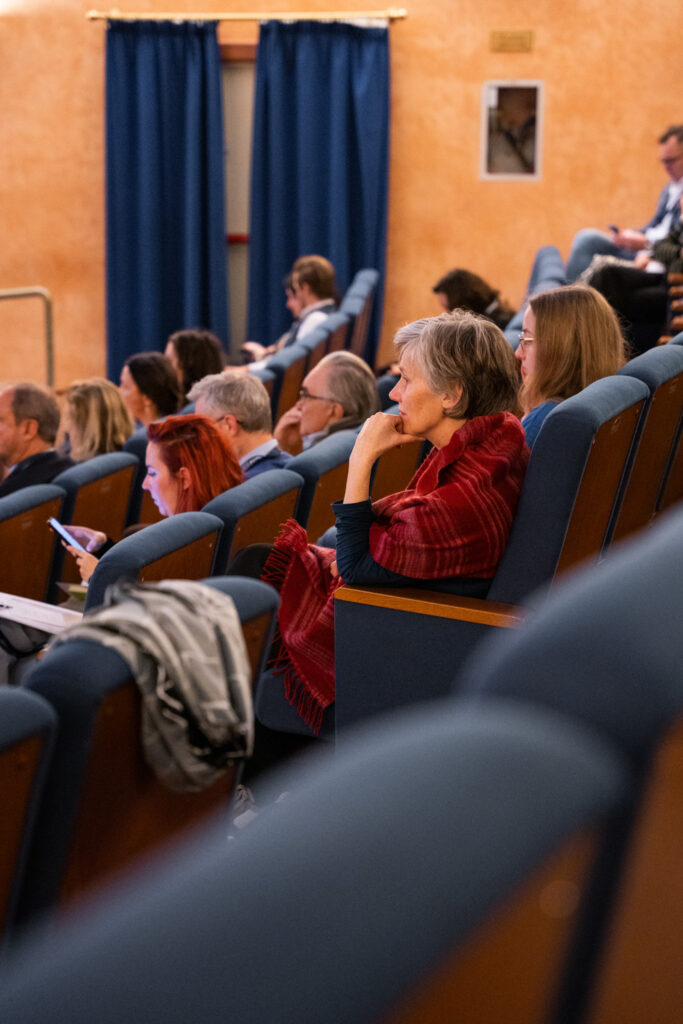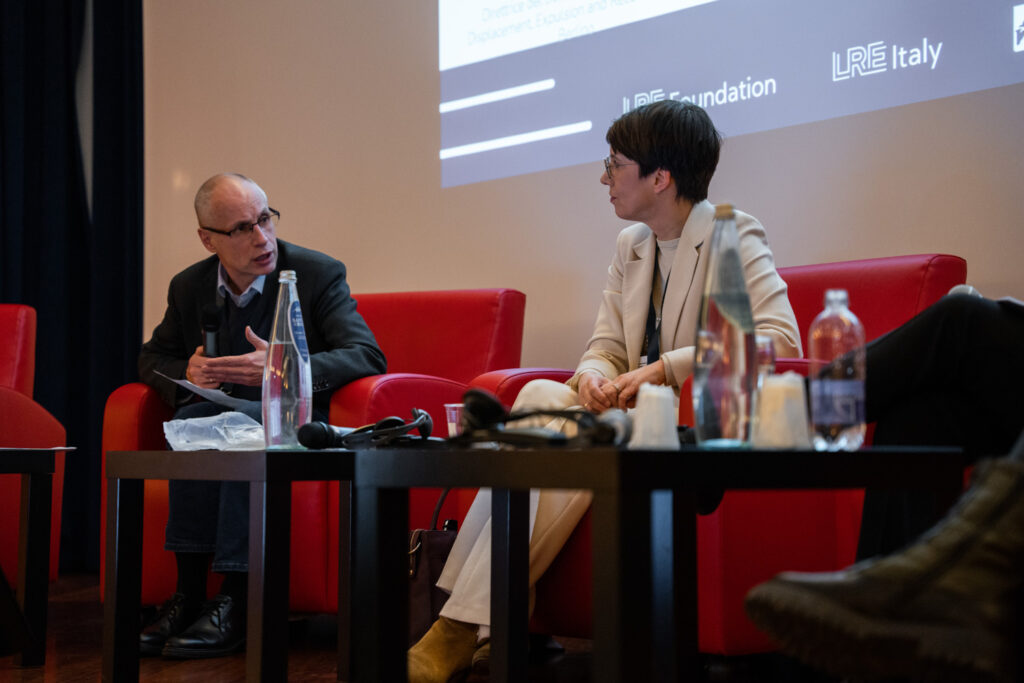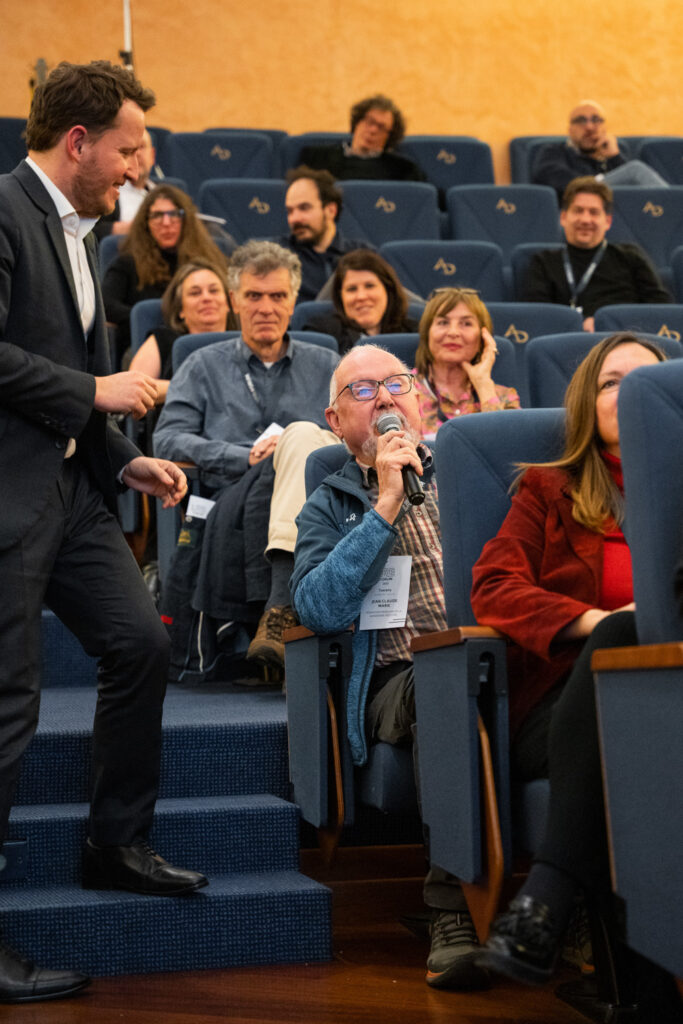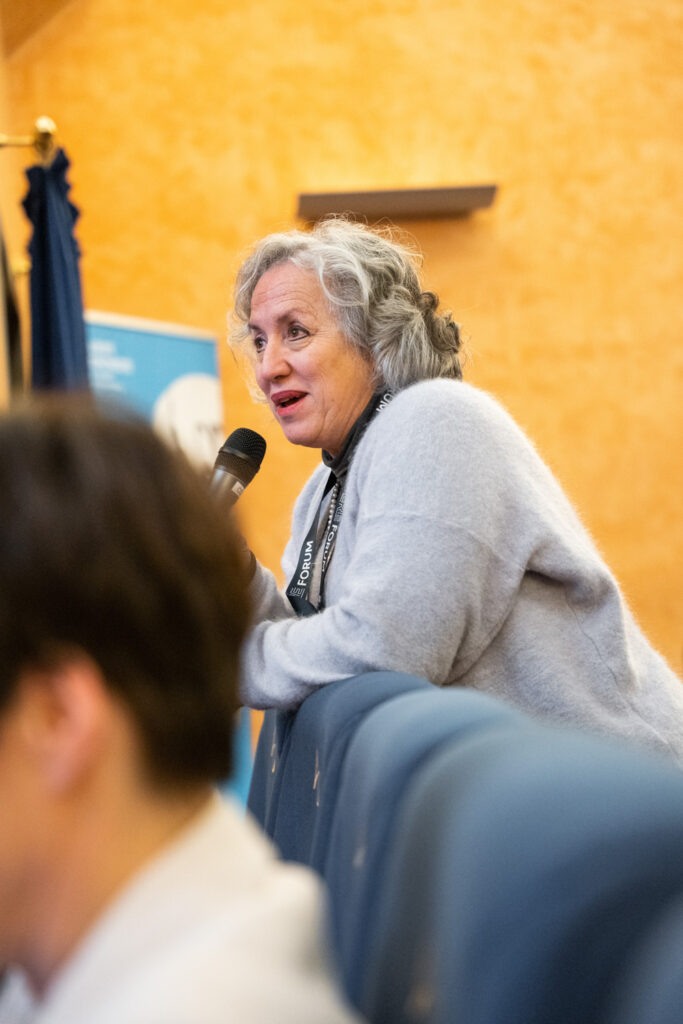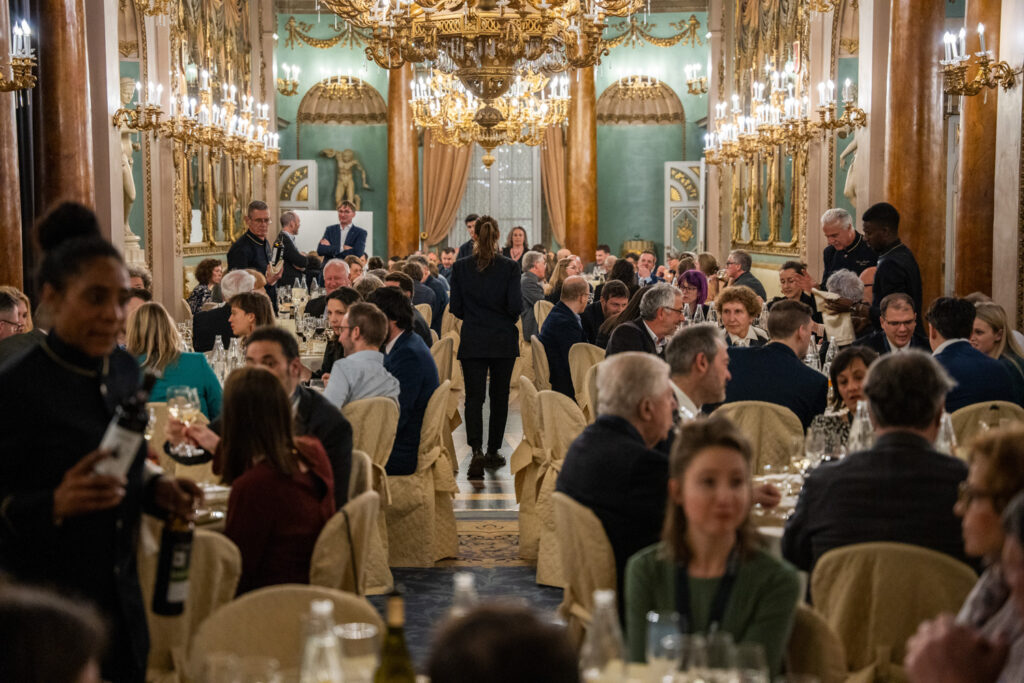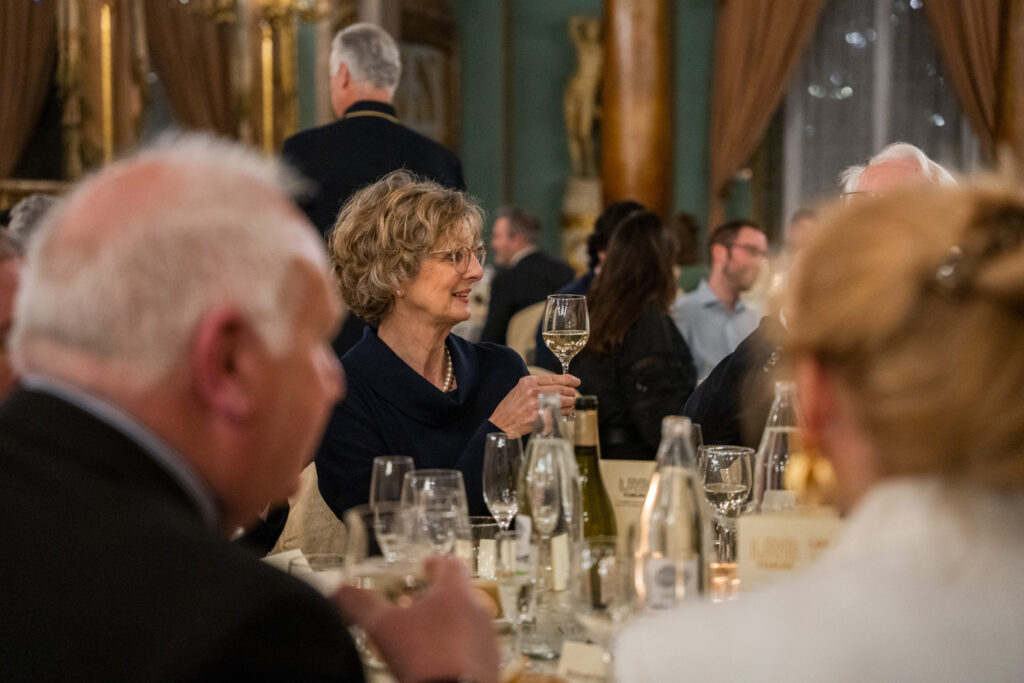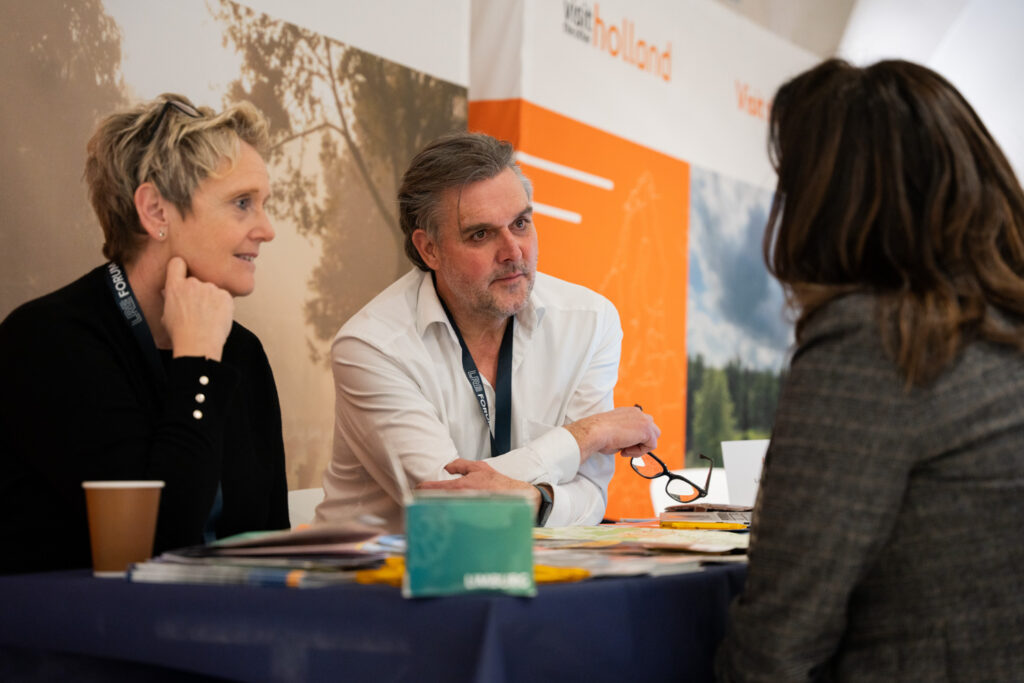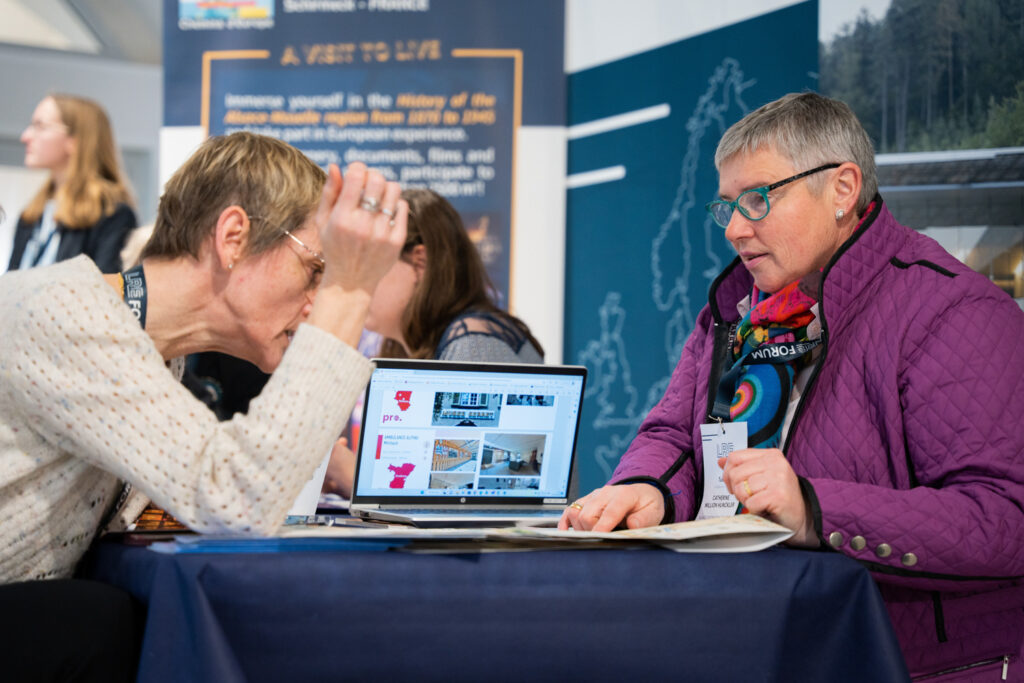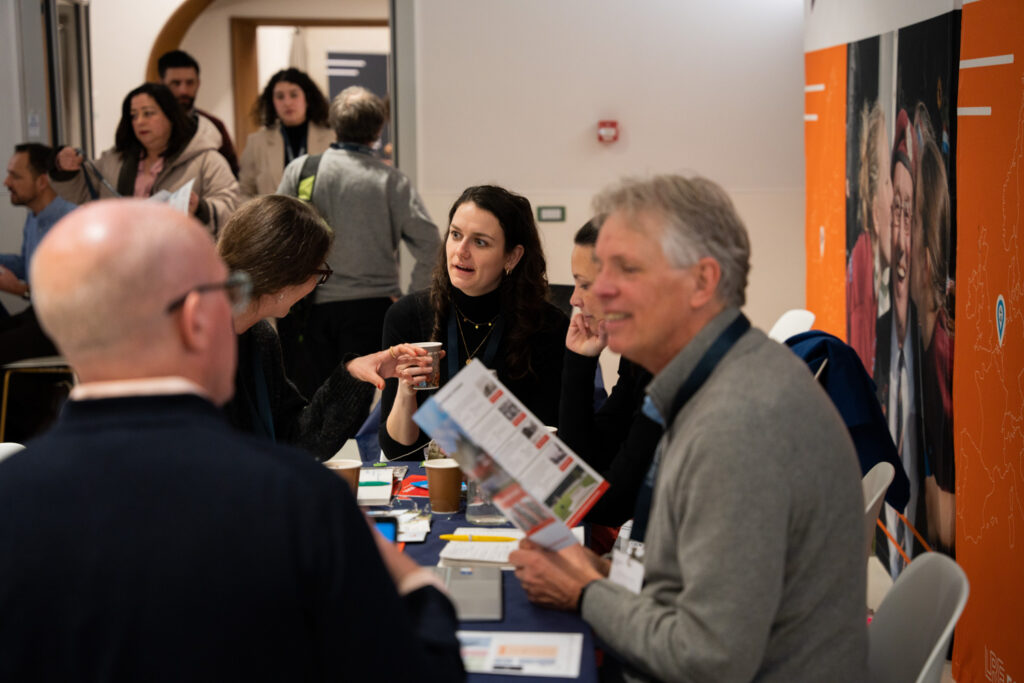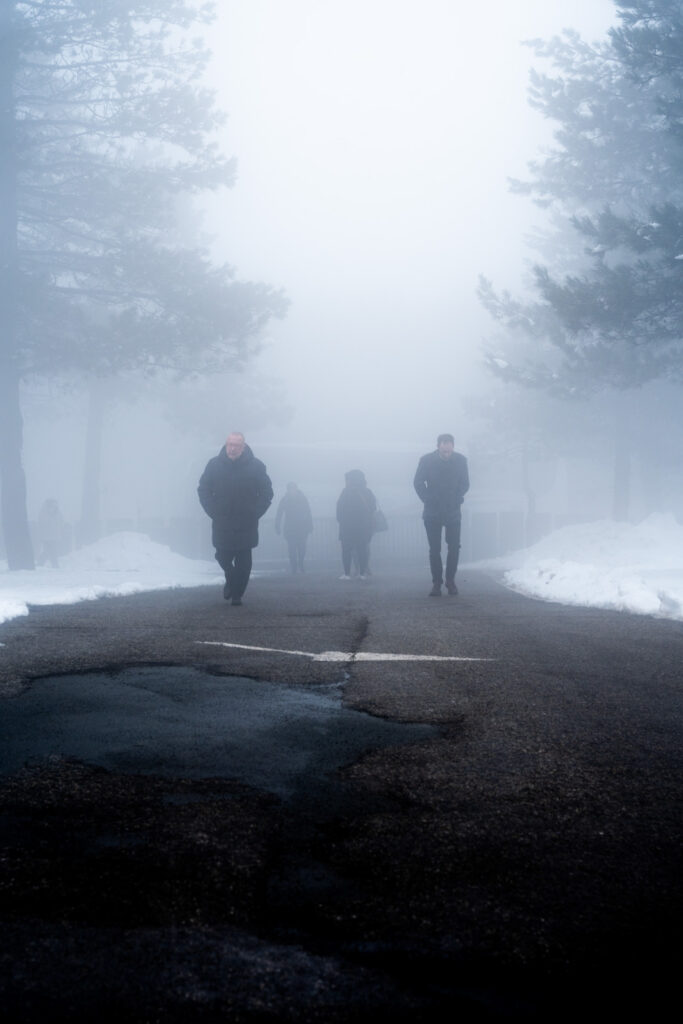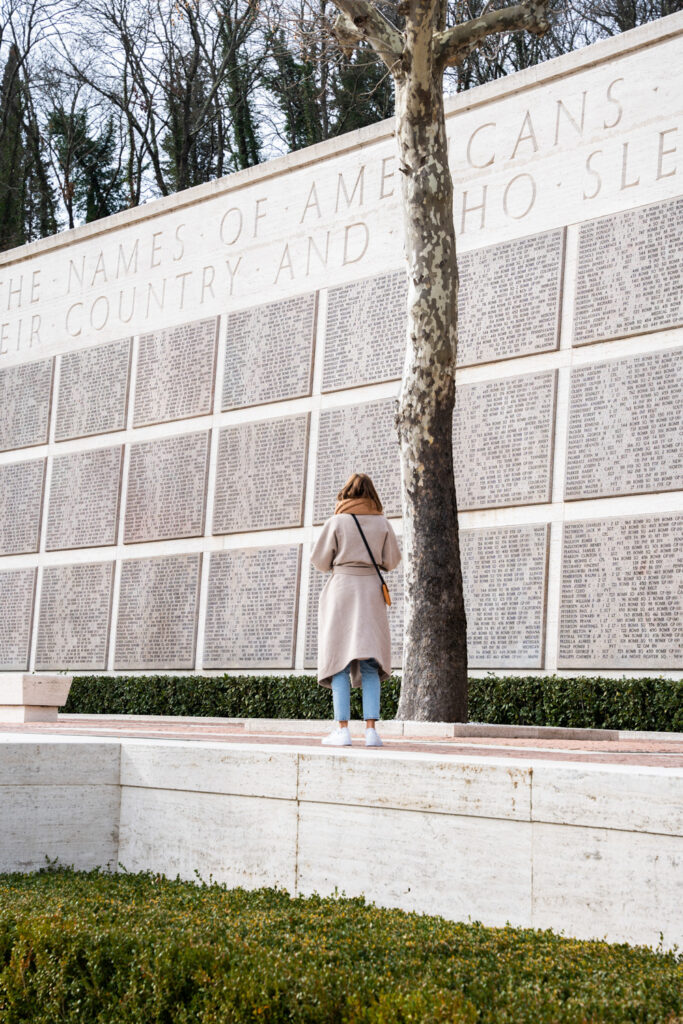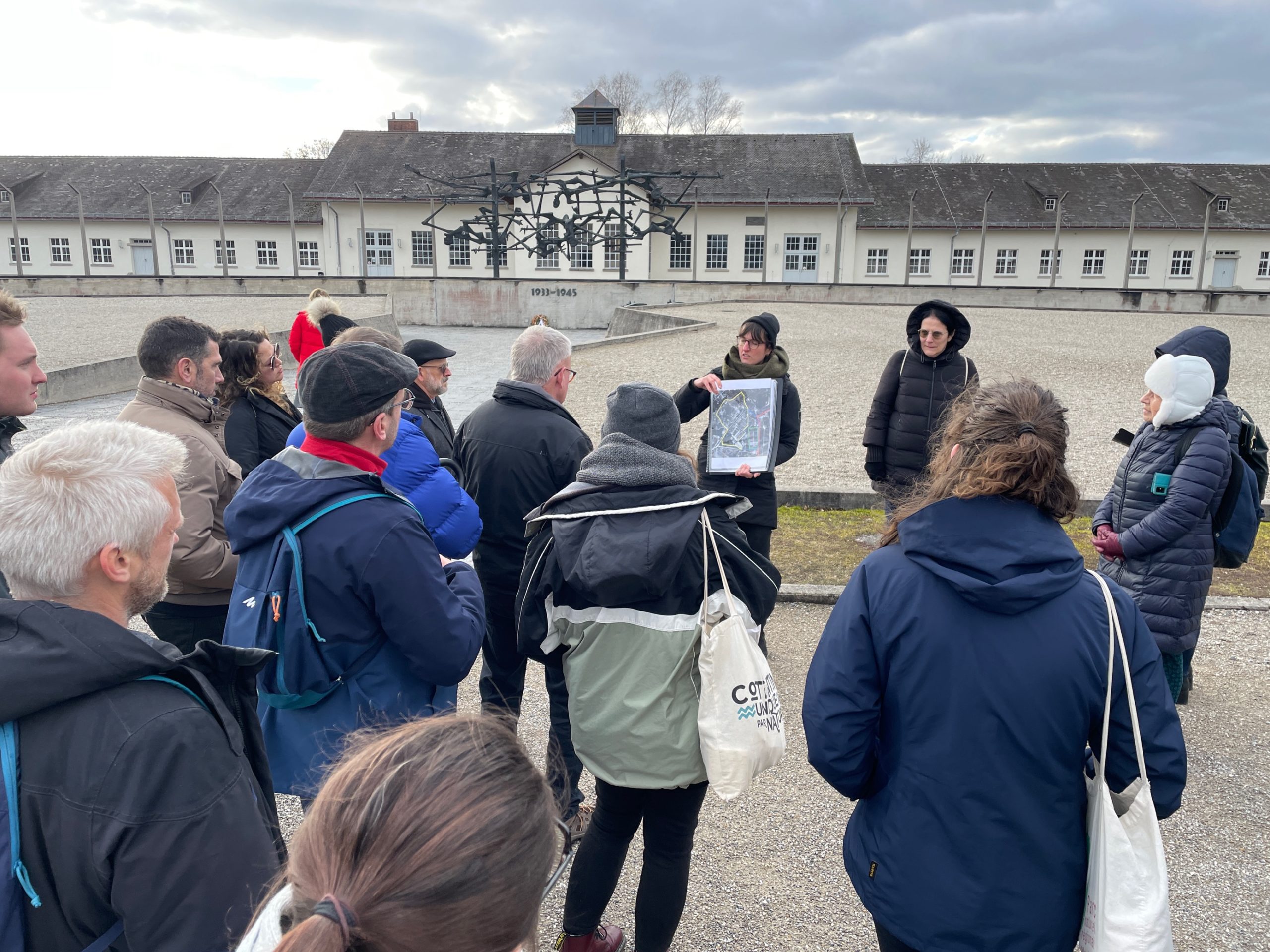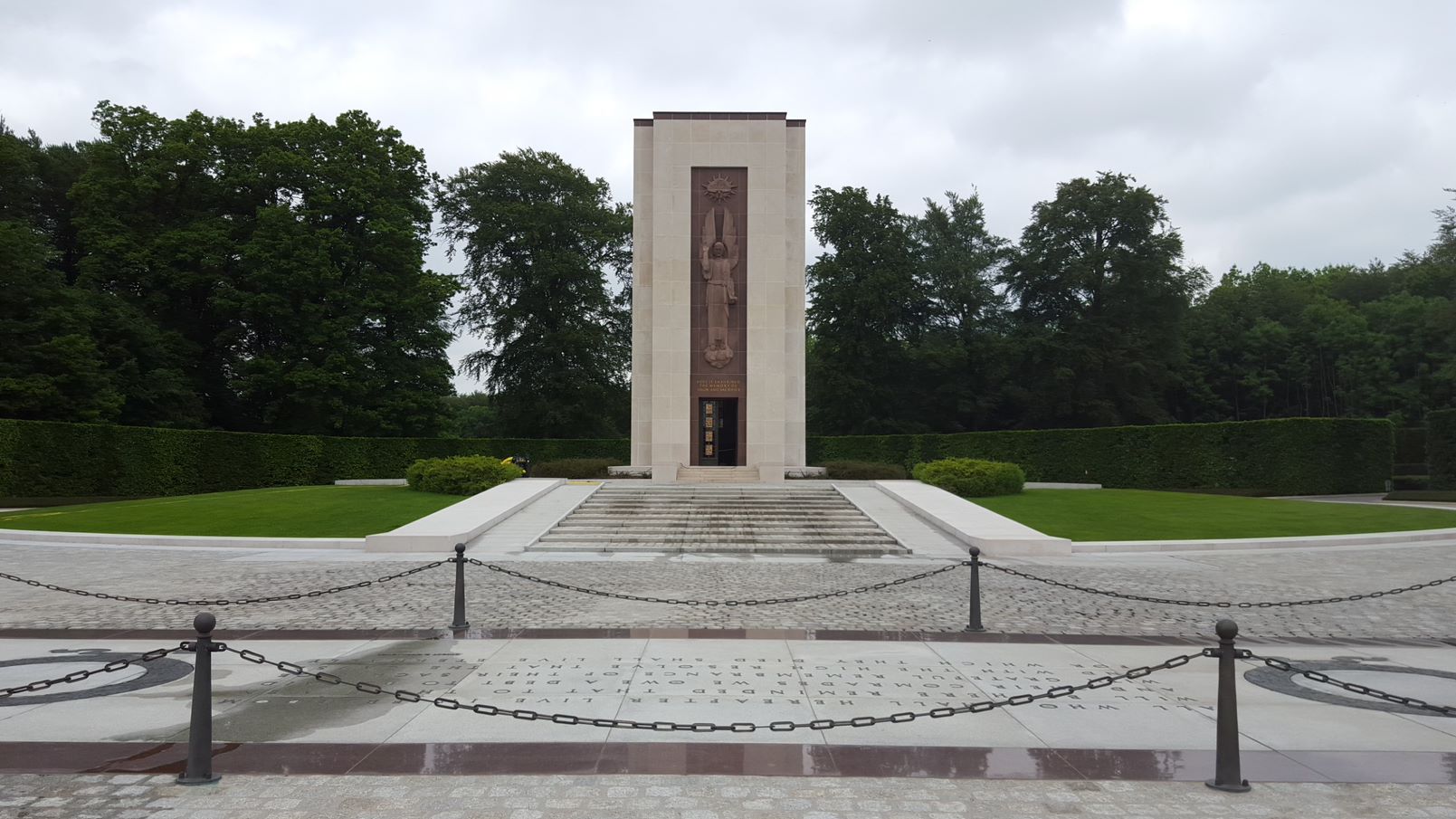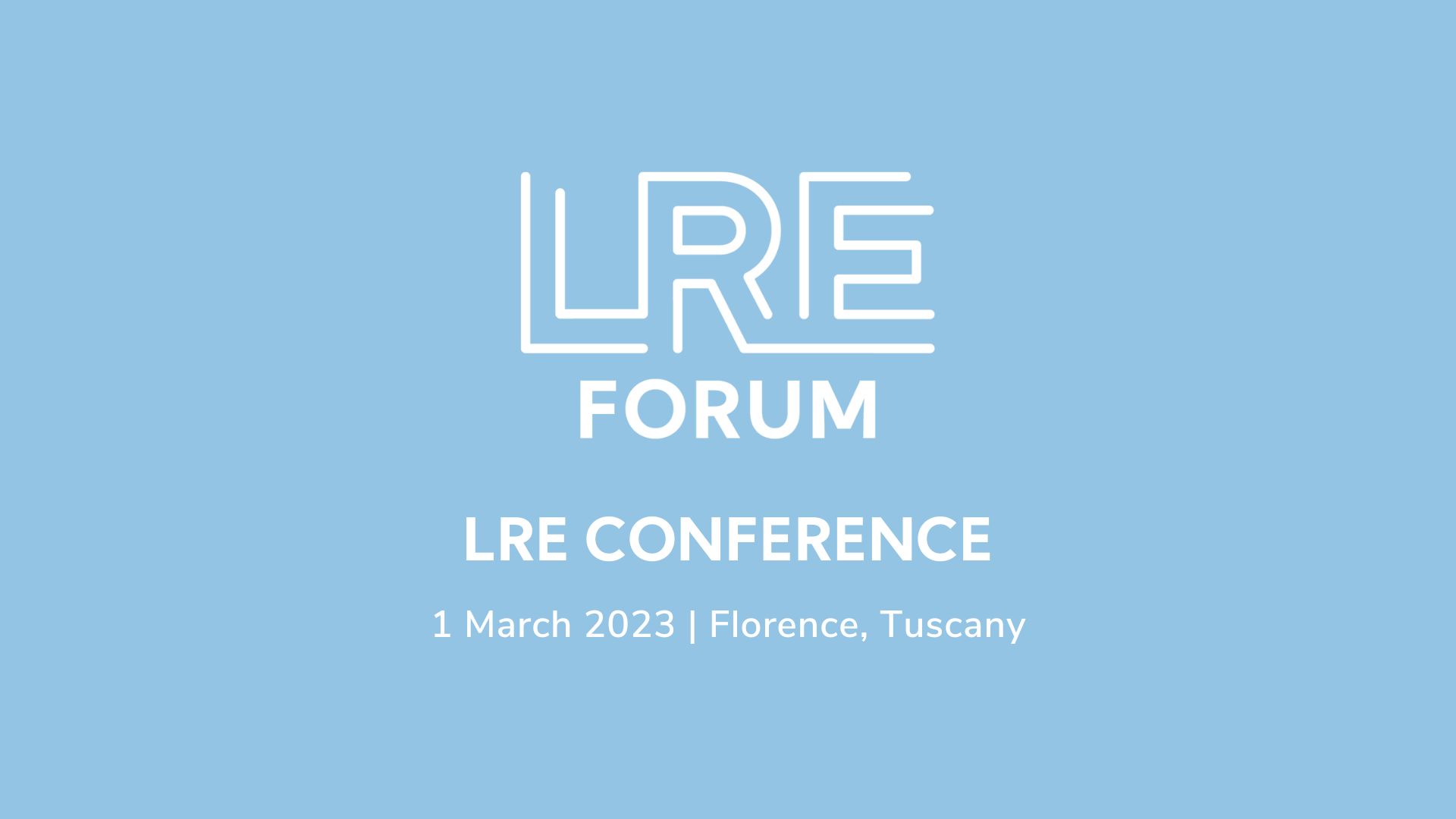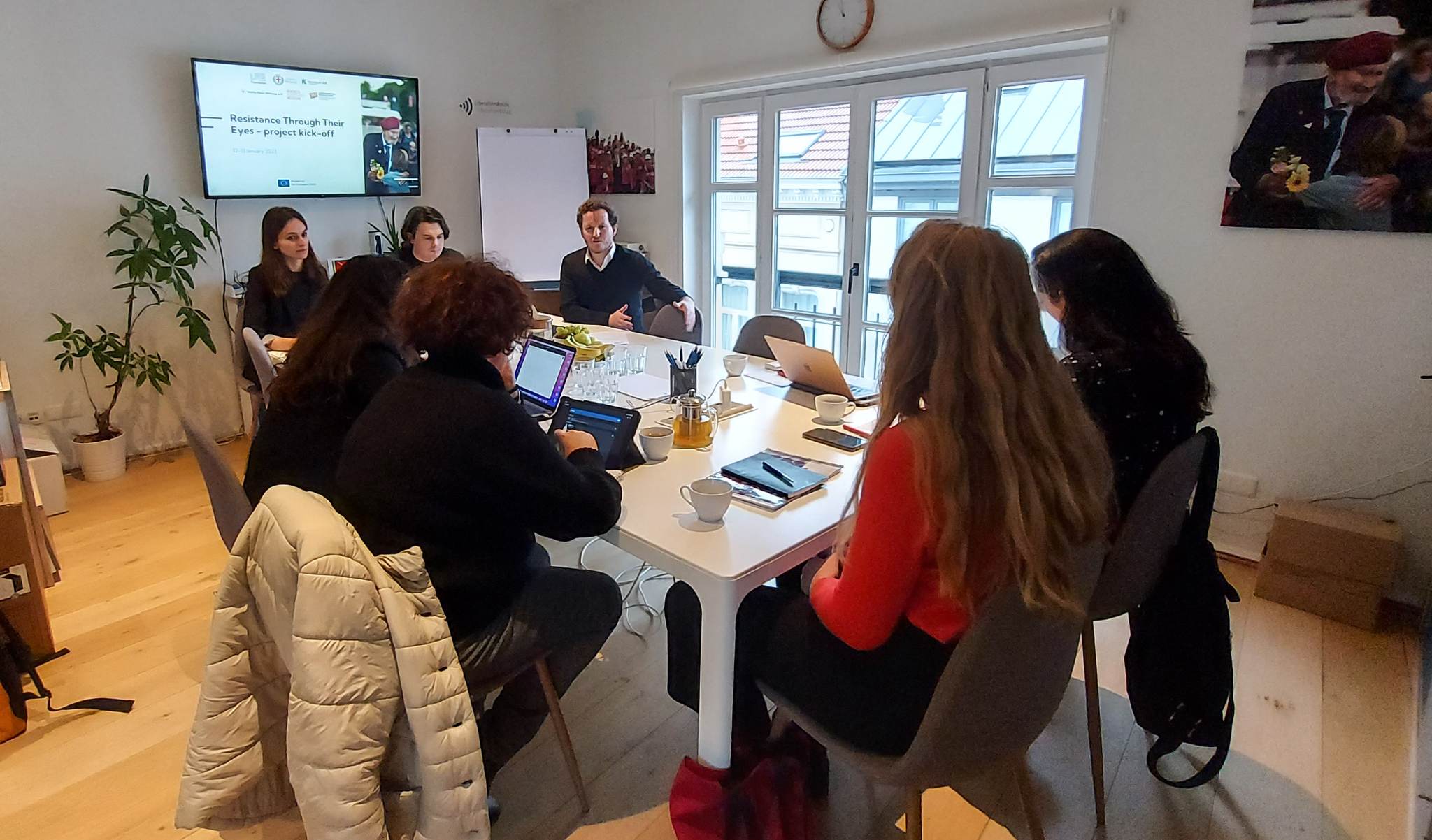The LRE Foundation network is constantly expanding, and we are excited to announce that La Coupole – History Center, the D-Day Museum Arromanches, and the City of Calais have joined us and our French national branch, LRE France.
“These three new members are an important step in the activity of LRE France which just started this year. Each one represents an important part of our common history. With their own specificities, they will be able to contribute to the development of LRE France and benefit from the international dynamics of our network. I am delighted to welcome them and to be able to work with them on projects that make sense to them and that illustrate our common ambitions to raise awareness and make the history of the Second World War accessible.”, says Isabelle Lebreton, LRE France Director.
Located five kilometers from Saint-Omer in northern France, La Coupole is one of Europe’s most impressive Second World War historical monuments. Today, La Coupole is home to the History and Memory Center, where visitors can learn about the historical and scientific stakes of WWII, from the Occupation to the hidden side of space conquest. In addition to transmitting information in the fields of memory, history, and science, La Coupole is the bearer of humanist values, making it a place for reflection, awareness raising, and citizenship education.
La Coupole is currently developing content and ideas for the Liberation Route Europe Trails as a first step in its collaboration with the LRE Foundation. Furthermore, on 19th April, it will host the first LRE France outreach event.
“La Coupole is pleased to join the LRE network. Located in a former V2 rocket base, it is the main history centre dedicated to the Second World War in Hauts-de-France. With a resource centre, memorial spaces and a planetarium, it aims to transmit history, science and memory, particularly to the younger generations.”, says Philippe Queste, La Coupole’s Director.
As a major cultural facility in Calvados and Normandy, the D-Day Museum Arromanches ‘s mission is to present its collections – particularly the construction of the Mulberry B artificial harbor, the remains of which can still be seen outside the museum – while developing an accessible discourse about the history of the D-Day landings. It is the first museum built in the aftermath of WWII to commemorate D-Day and the Battle of Normandy. The establishment will be renovated in 2023 and will open on 1st April.
As with La Coupole, the first step in the collaboration between LREF and the D-Day Museum will be the integration of the Liberation Route Europe Trails with the museum’s projects and activities.
“Following the inauguration of the Liberation Route Europe in Arromanches in 2014, the museum is now pleased to join the LRE Foundation and LRE France and thus associate itself with their actions.”, asserts Frédéric Sommier, D-Day Museum’s Managing Director.
Because of its strategic location, the city of Calais in northern France was heavily impacted by the Second World War. From 24th to 26th May 1940, the city led a valiant fight resistance and it was later transformed into a preparation and embarkation zone for Operation Seelöwe (which planned the landing of German troops on the United Kingdom). Eventually, it was incorporated into the development of the Atlantic Wall.
Calais offers a WWII City Tour, and – as one of the new partnership’s first goals – some of its historical content will be integrated into the Liberation Route Europe Trails.
“The city of Calais is happy to join the LRE Foundation, to work together on the Liberation Route Europe trails, on the paths of Memory, and to recall the high places of resistance and the courage of the population of Calais, and the continuous homage to the liberators.”, Natacha Bouchart, Mayor of Calais, stated.
